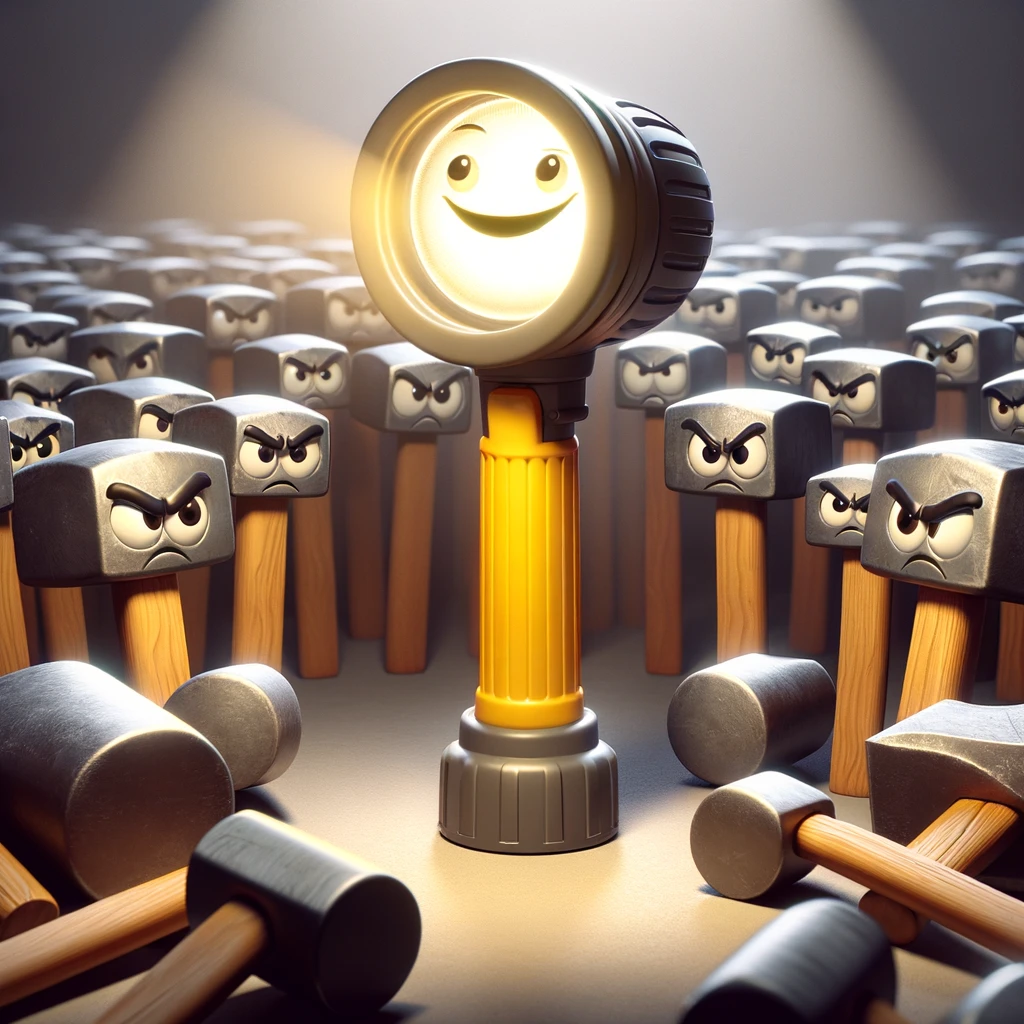Give opposing politicians the same data (GDP, Unemployment, Inflation) and you’ll get wildly different interpretations of the economy. We know why this happens. They use the data like a drunk uses a lamppost, more for support than illumination.*
We look at their explanation through our own political lens, concluding that one of these politicians is a lying SOB who manipulated the data for their selfish ends.
But we’re wrong. Neither one of them is lying.
They’re so committed to their narrative that they can’t see the data any other way. That’s true of politicians, and it’s true of us. It used to be that we’d look to the economy to tell us how our politicians are doing; now we look to our politicians to tell us how the economy is doing.
A few months ago, I saw Matt Sigelman from The Burning Glass Institute speak on a panel at the Global Peter Drucker Forum. He posted that data will become a foundational skill for all of us. Makes sense. If that’s where the puck is going to be, let’s skate to it.
But what should do? Sign up for a statistics course? An Economics course? Learn Python or R? Build regression models? Listen to the Freakonomics podcast? Maybe. But no hard skill will matter if we continue to use data as a hammer rather than a flashlight.
Interrogating data– genuinely exploring hypotheses and recognizing patterns– will be vital at an individual and a societal level. While the AI prediction machines can do that at scale, our prompts need to be rooted in the scientific method. We can’t leverage tools just to reinforce our existing narratives or we’ll only heighten and thicken the walls of our echo chambers.
Using data as a flashlight means being open to disconfirmation at every turn. In exploratory spaces, our beliefs should be more hypotheses than immutable tenets. When looking at a data set, we should set out to disprove our hypotheses. And, finally, as Adam Grant suggests, we should argue like we’re right, but listen like we’re wrong. You know the old saying about two ears and one mouth.
All that and maybe, just maybe, we’ll have a fighting chance against our biases. After all, whether we care to admit it, we’re all that drunk looking for support from that lamppost.
